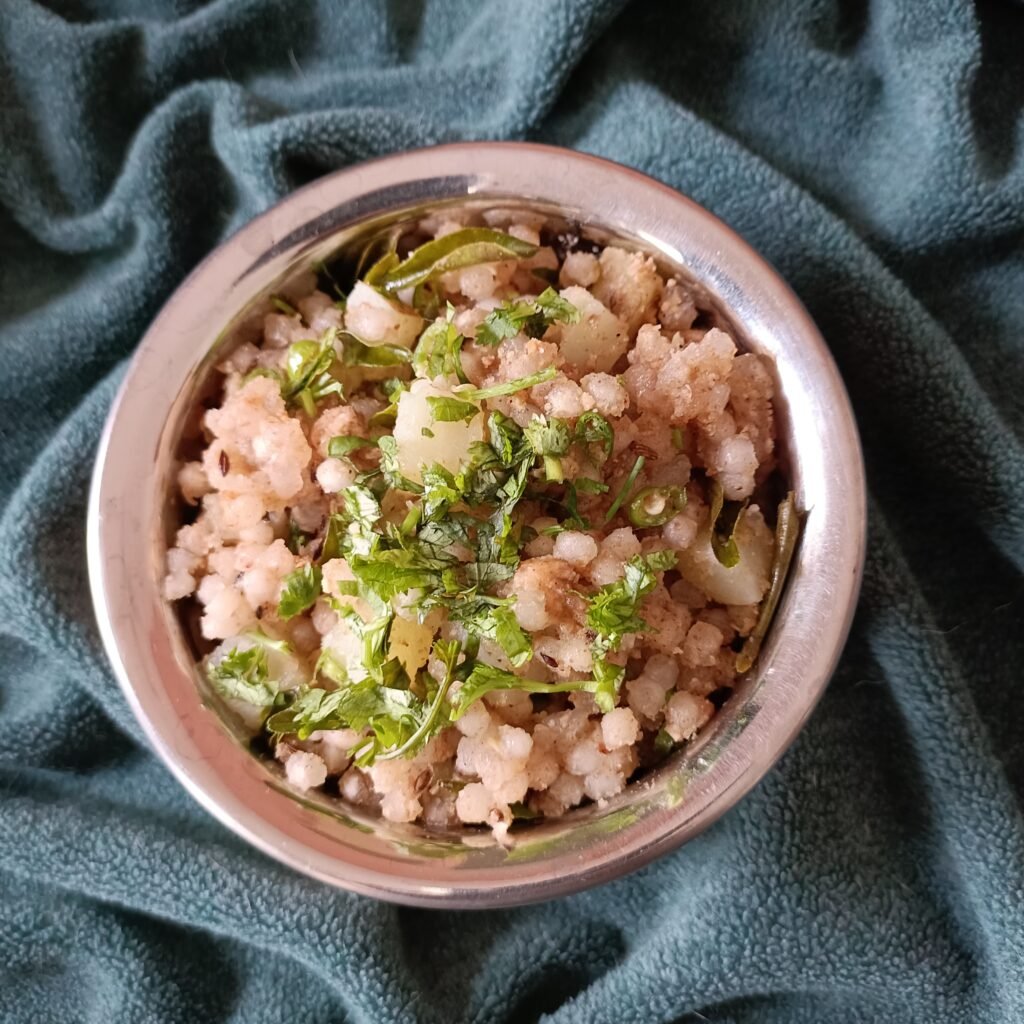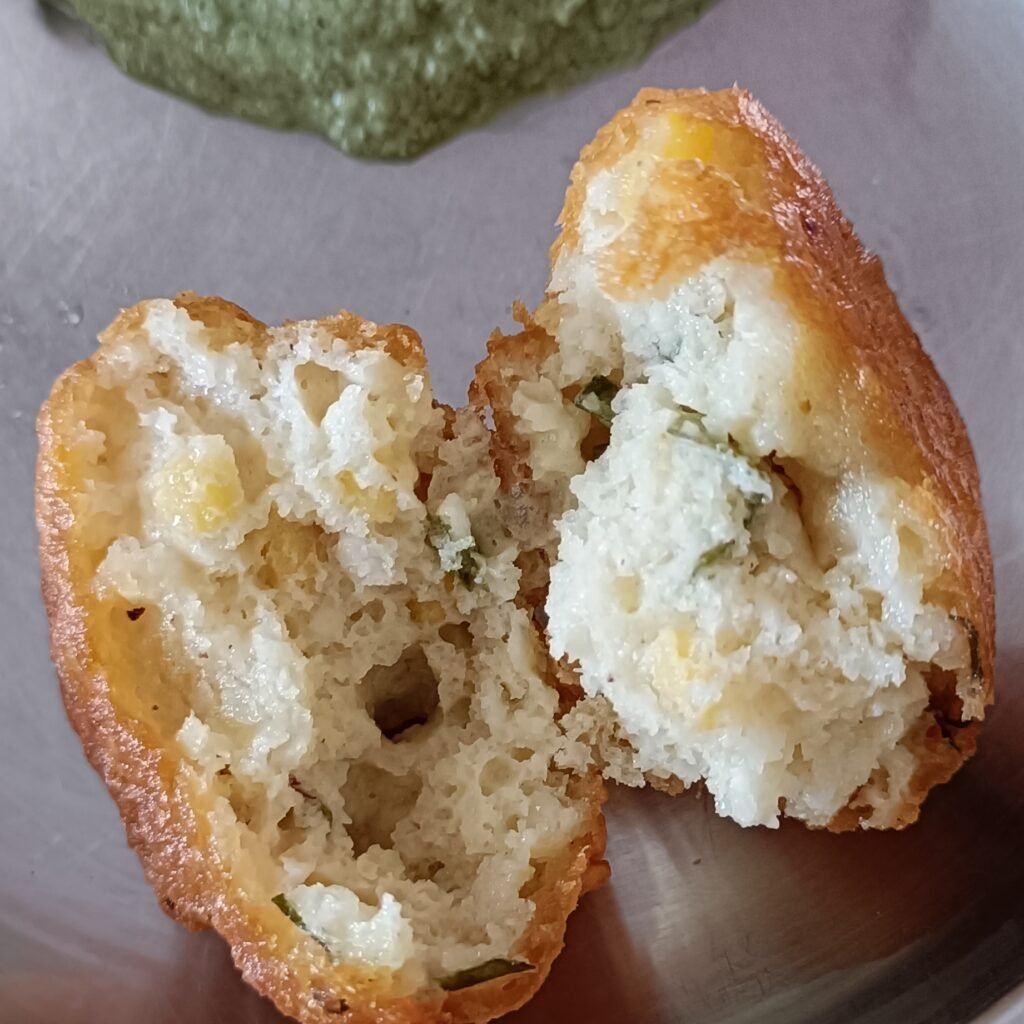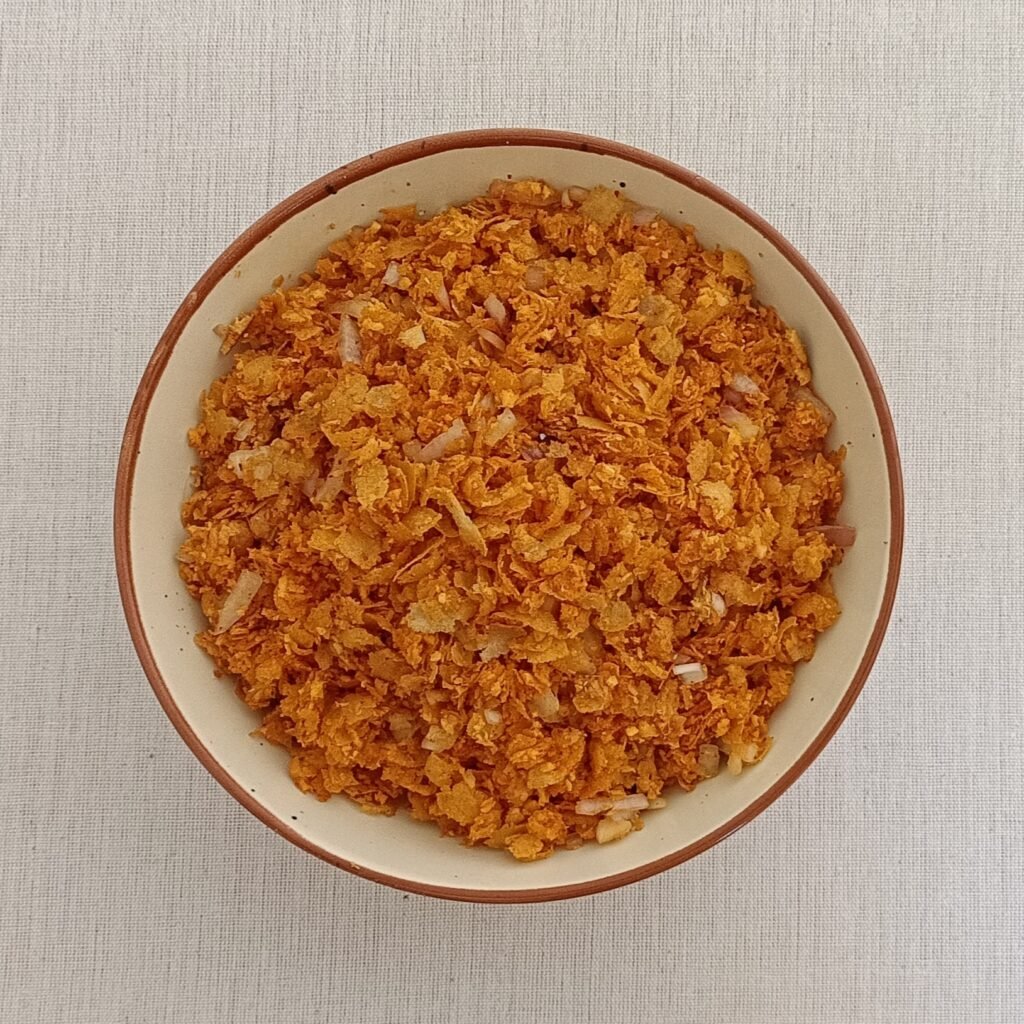
Karlyachi Chutney (Niger seed Chutney)
Niger seeds are called ‘karli’ in Marathi and Ramtil in Hindi. This seed originated in Ethiopia and is still cultivated there as an oil seed and can grow in poor soils, heavy clay soil, or even waterlogged soils. Niger seeds are a great source of Omega-3 fatty acids and important amino acids including linoleic acid.
Both the two main omega fatty acids Omega-3 and Omega-6 are polyunsaturated essential fatty acids which means the body doesn’t have the enzymes to produce them and we need to get them from external sources for optimal health. They are important as they help regulate blood clotting and play a role in inflammation. The Omega-3s and the antioxidants in Niger seeds help reduce inflammation and are beneficial to reduce conditions like depression, schizophrenia and bipolar disorder by neutralizing free radicals in our body. They may even help treat conditions like rheumatism and because of the magnesium, potassium and zink in them help in relieving conditions like insomnia or restlessness by helping to calm Circadian rhythms. These seeds have also been seen to be beneficial in fighting symptoms of the flu and colds, improving scars, burns, and rashes and prevent constipation, bloating, cramps, hemorrhoids and other gastrointestinal issues. On the other hand, high amounts of Omega-6s can cause chronic inflammation leading to diseases like diabetes, heart disease, arthritis, Alzheimer’s and many types of cancer. Omega-6 is majorly found in soyabean oil and other refined oils.






